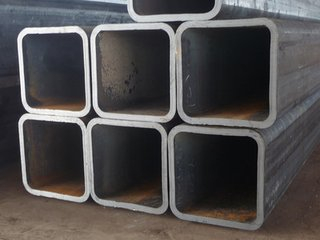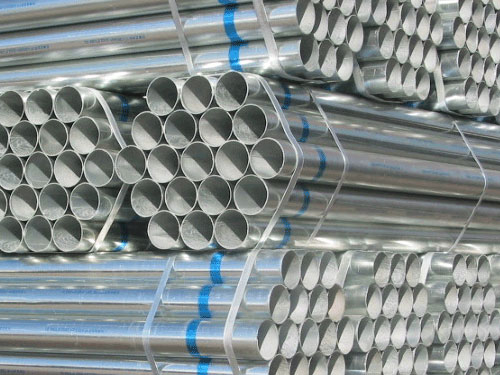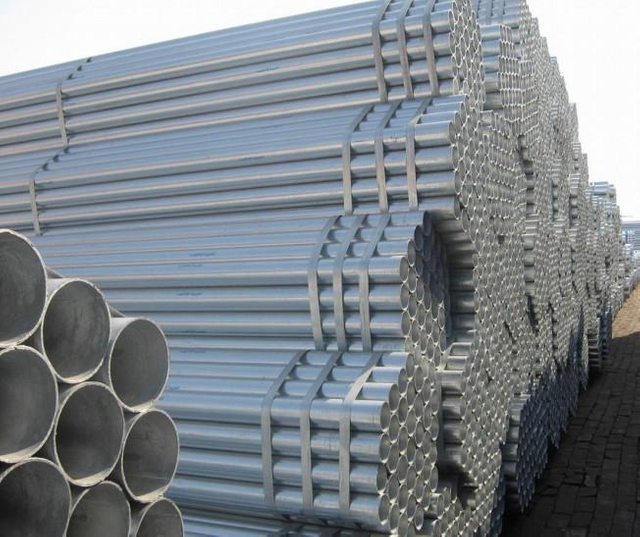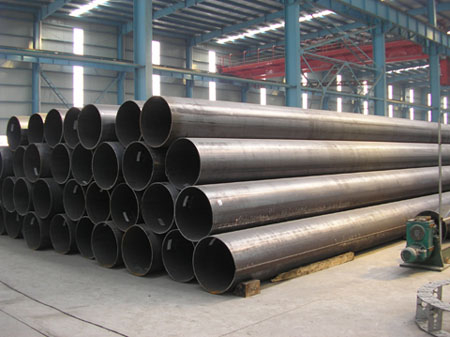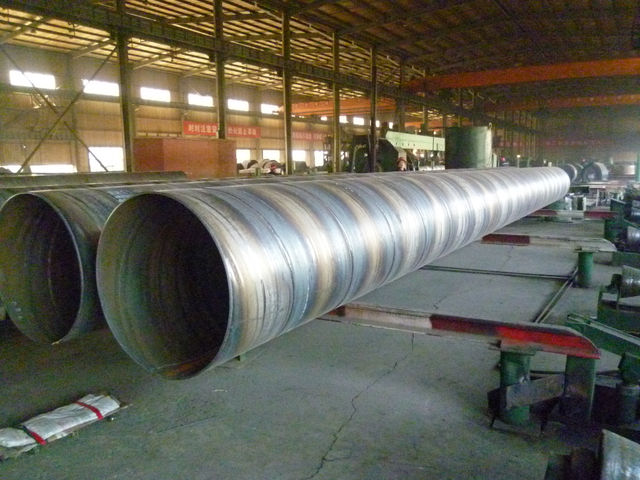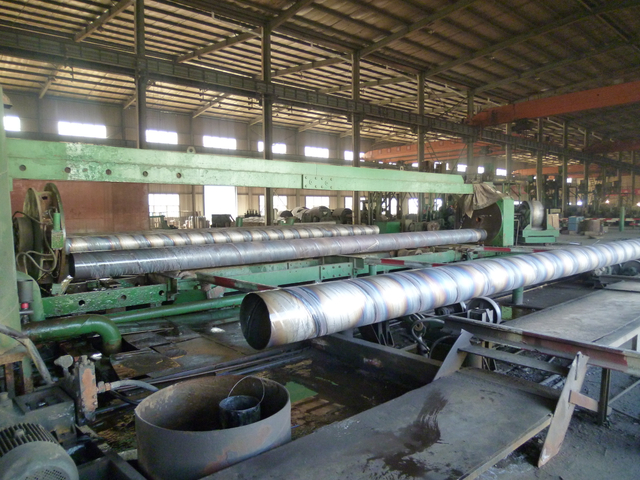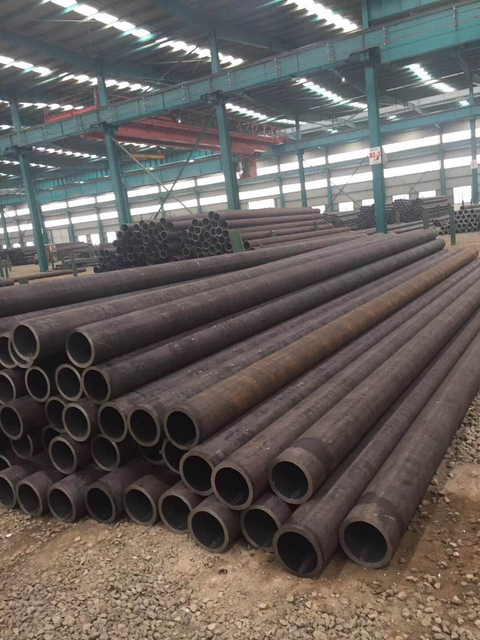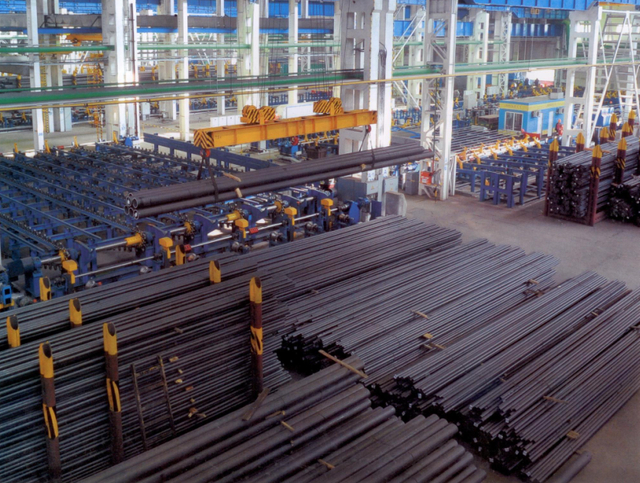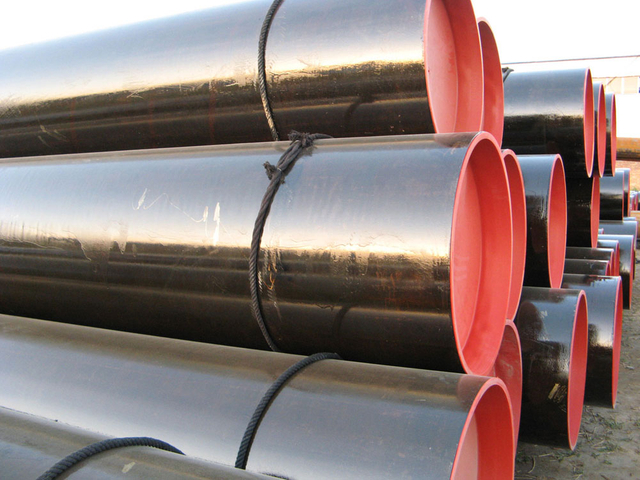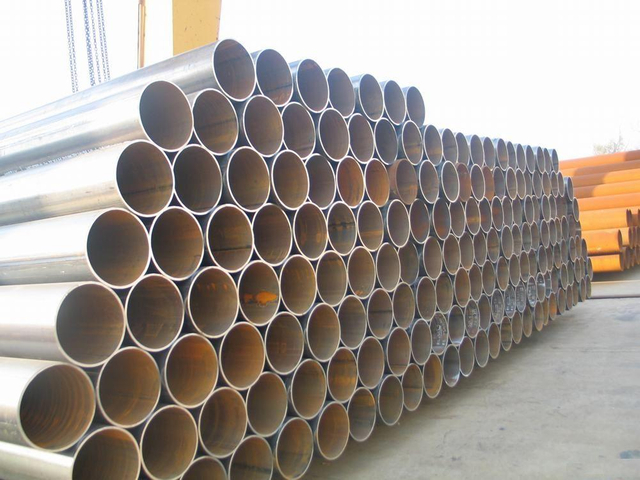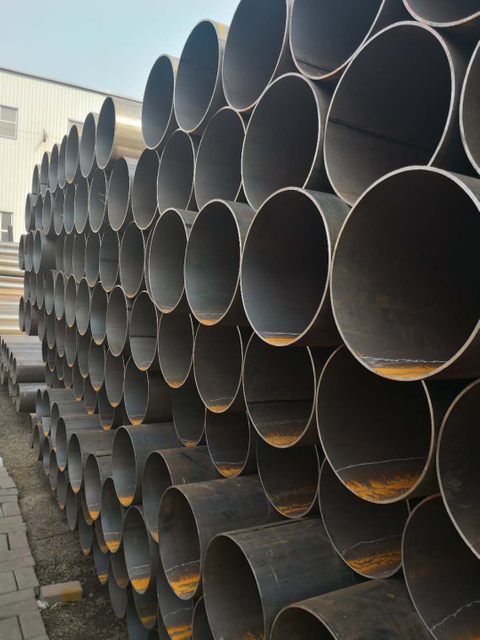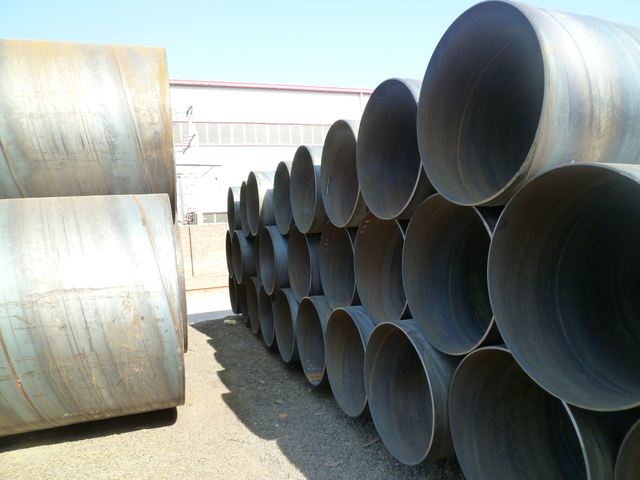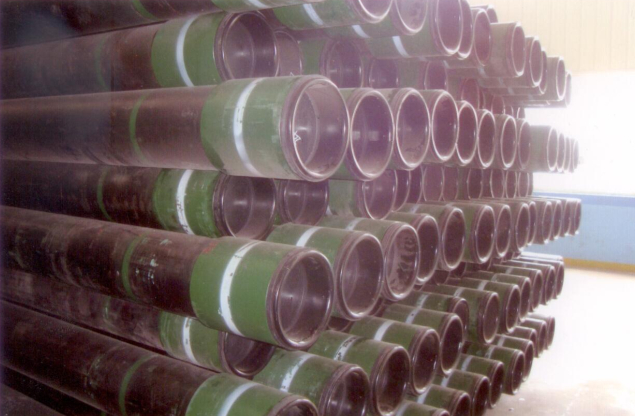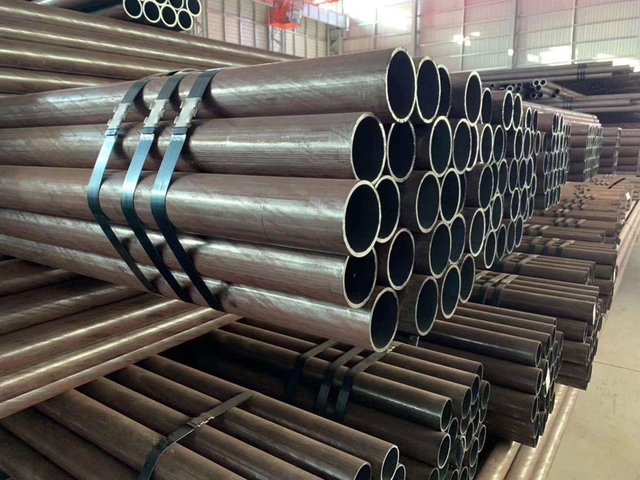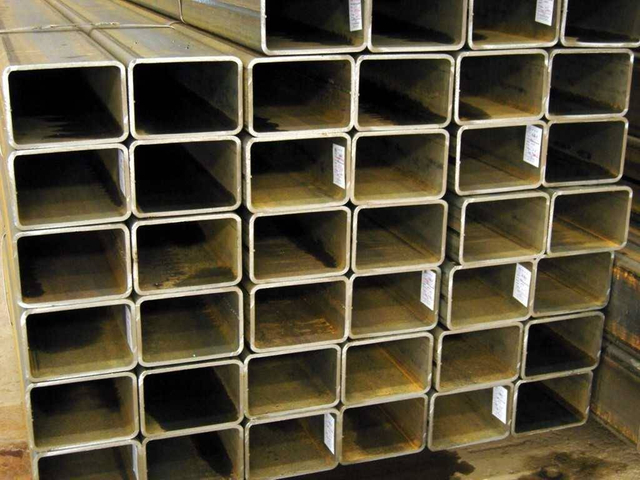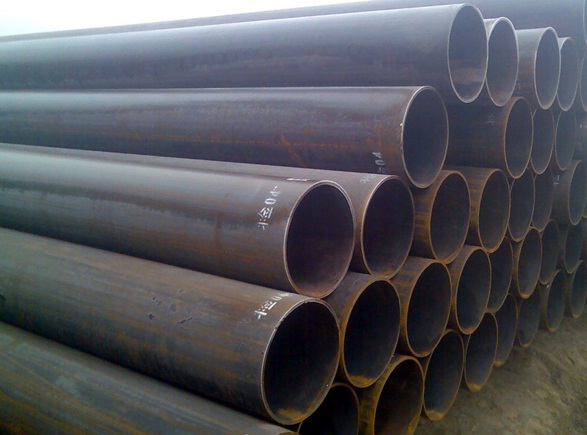Views: 0 Author: Site Editor Publish Time: 2023-06-19 Origin: Site








A Look at Coating Choices for Longitudinal Submerged Arc Weld Pipe
Used in many industrial practices such as oil and gas transportation, water pipelines, chemical plants, and power stations, LSAW (Longitudinal Submerged Arc Welding) steel pipes are renowned for their strength and durability. To make them even more dependable under extreme pressures, these pipes are often coated with protective materials. This article aims to explain the different coating options available for LSAW steel pipes and why they are essential.
LSAW steel pipes are often coated with epoxy resin to protect against corrosion and chemicals. This strong barrier prevents the pipe from any contact with corrosive elements, extending its overall life. This coating also adds a smoother outer layer to the pipe, allowing for greater fluid flow which prevents blockages or clogging.
LSAW pipes are frequently coated with polyethylene (PE) for protection from abrasive materials, impacts, and mechanical damage. Additionally, PE coatings make these pipes perfect for use in corrosive settings as they are highly resistant to chemicals. Moreover, the superior wear-resistance of PE-coated LSAW pipes ensures that they can withstand harsh conditions with ease.
LSAW steel pipes can be galvanized, which involves coating them with a layer of zinc. This special layer acts as a barrier that prevents the pipe from corroding due to exposure to moisture and other corrosive substances. Effectively, the zinc sacrifices itself on behalf of the steel, ensuring its integral structure is maintained over time. Additionally, this feature makes galvanized LSAW pipes ideal for outdoor applications since they are highly resistant to the effects of rust and atmospheric corrosion.
When looking for shielding for LSAW steel pipes, you have a few extra possibilities to take into consideration. These include polyurethane (PU) coatings, coal tar enamel (CTE) coatings, and cement mortar lining (CML). Every one of these surfaces provide different benefits and work well under particular circumstances. For example, PU coatings can safeguard against harsh impacts and are useful in pipelines that could be exposed to fluctuating temperatures or frequent movement of the ground. On the other hand, CTE coatings are common in underground settings because of their profound resistance to water and soil.
To ensure that LSAW steel pipe enjoys long-term reliability and durability, protective coatings apply. Typically, epoxy, polyethylene, and zinc are chosen among the several options available for this purpose due to their performance-enhancing abilities and anti-corrosive properties. Nevertheless, for certain projects, tailor-made solutions such as polyurethane, coal tar enamel, or cement mortar lining may be more suitable — thus it is essential to wisely reflect on the application's needs in order to make the right decision.
